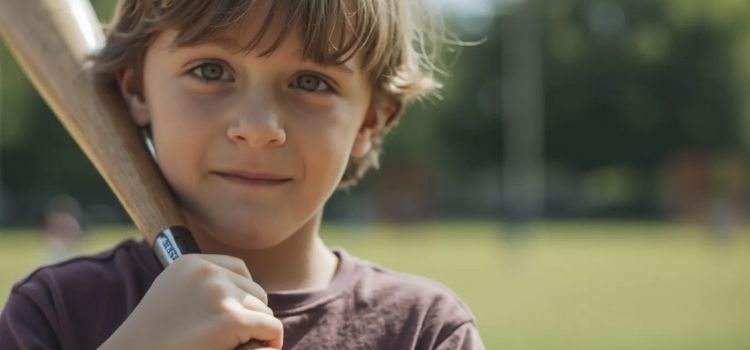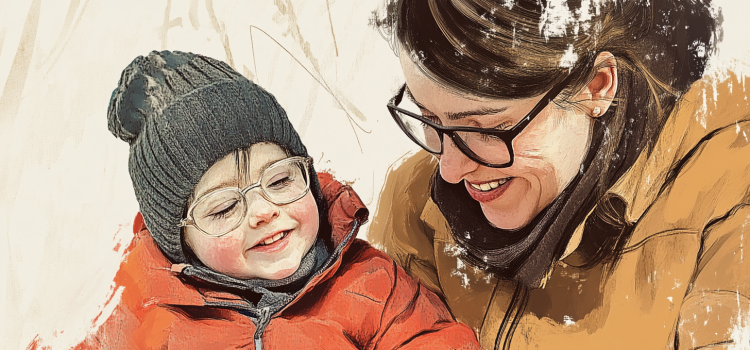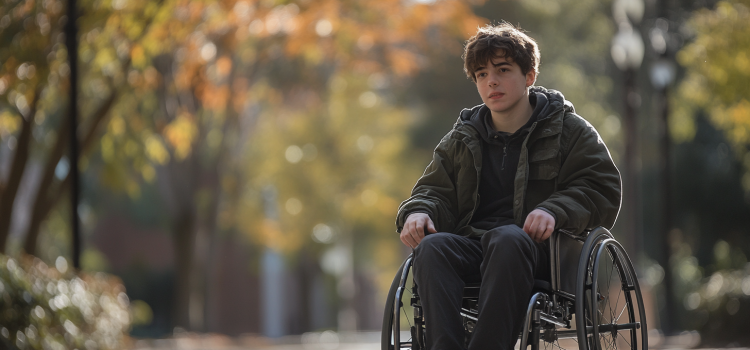Why do people so often dream about sex? Have you ever wondered why certain images and scenarios appear in your dreams? In The Interpretation of Dreams, Sigmund Freud explains manifest and latent content of dreams. He contends that dreams aren’t random—they’re coded messages from our unconscious mind revealing our deepest desires and unresolved conflicts. Keep reading to learn how childhood experiences shape your dreams and why sexual symbolism appears so frequently.
Latent Content of Dreams: Freud’s Theory & Common Desires










